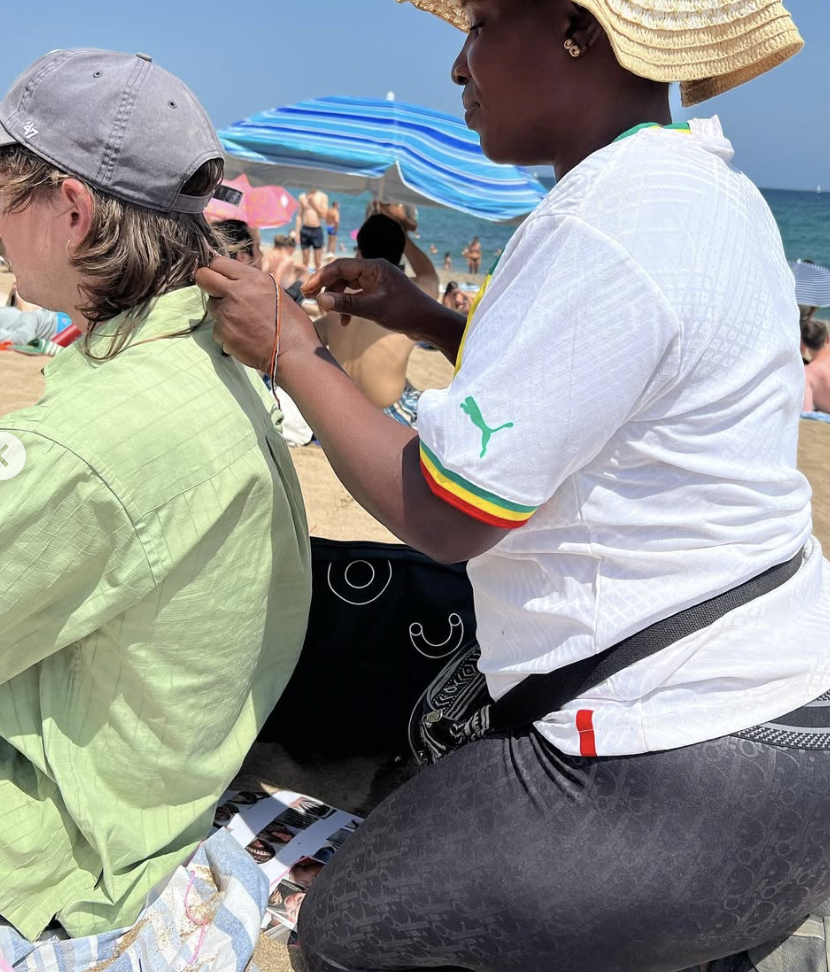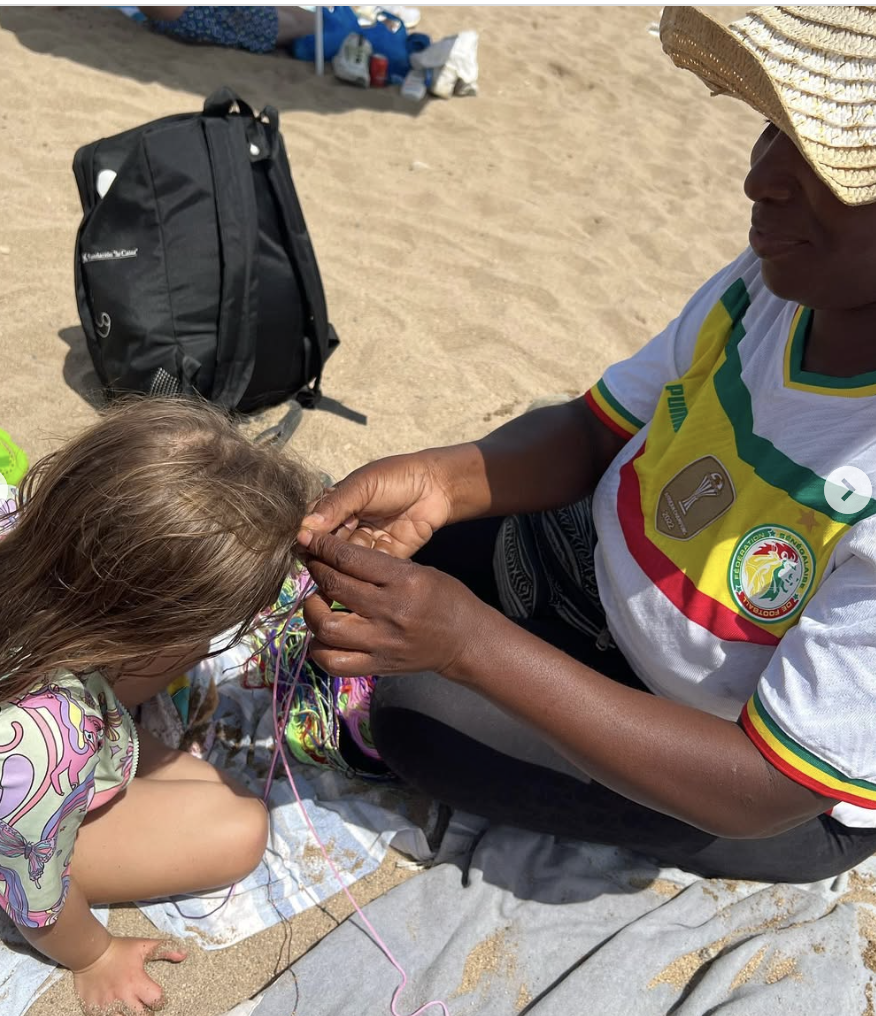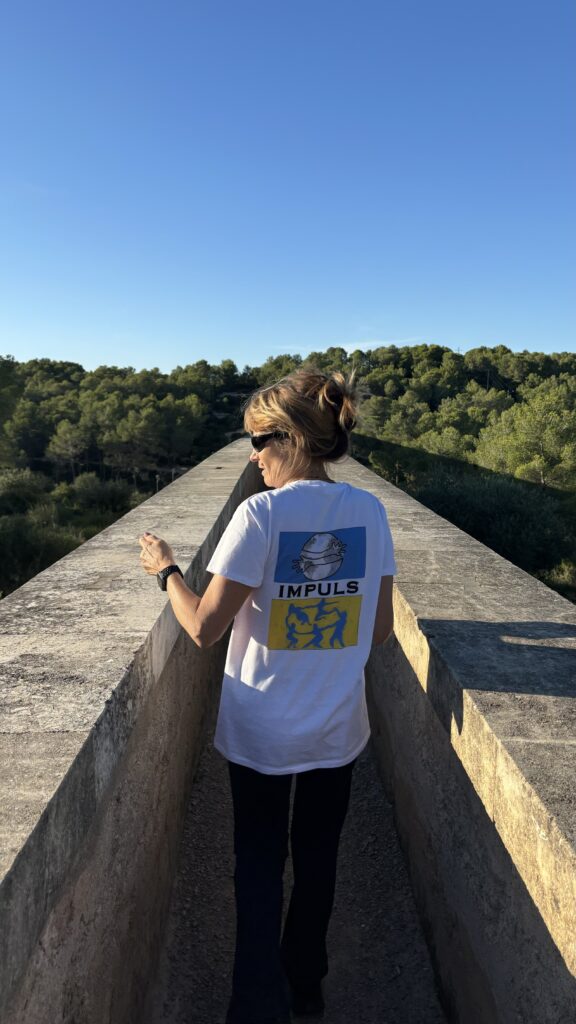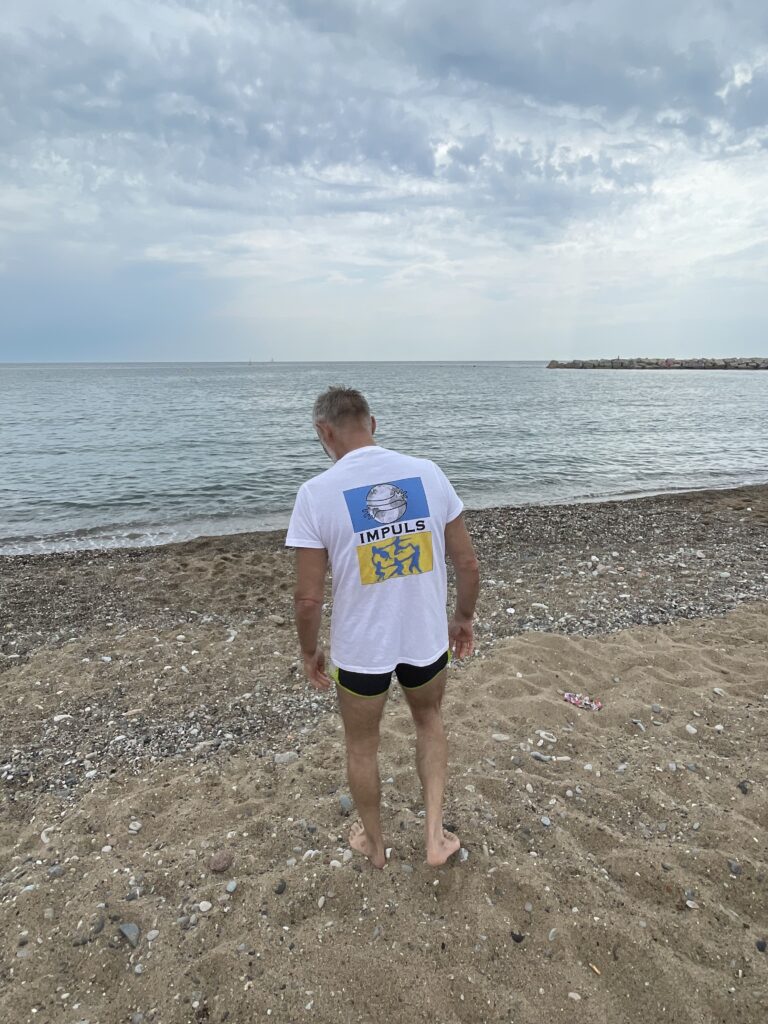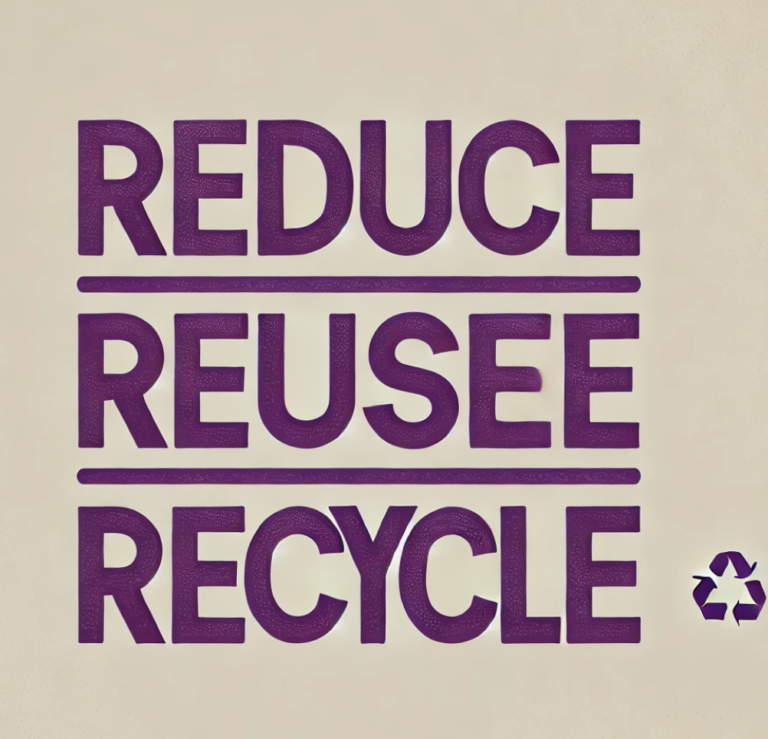Prepared by the team of SUBBOTNIK
1. Abstract
This report presents an in-depth analysis of waste management practices in Barceloneta, with a particular focus on the impacts of tourism during the summer months. Our group conducted field observations, surveys, and interviews with local stakeholders to assess how seasonal fluctuations in visitor numbers affect waste generation, collection, and disposal. Findings indicate that tourism significantly increases waste volumes, challenges existing infrastructure, and requires adaptive management strategies. The report concludes with recommendations aimed at improving operational efficiency and promoting sustainable tourism practices.
2. Introduction
Barceloneta, a historic neighborhood in Barcelona known for its beaches, vibrant culture, and culinary attractions, experiences a surge in visitors during the summer. While tourism is a major economic driver, it also imposes significant pressures on local waste management systems. This study was initiated to understand the extent to which seasonal tourism influences waste production and to identify potential solutions that can mitigate environmental impacts while maintaining the quality of life for residents.
3. Research Methodology
3.1 Data Collection
Our group employed a mixed-methods approach:
- Field Observations: Daily monitoring of waste collection points and beach areas during peak summer months.
- Surveys: Distributed questionnaires among local residents, business owners, and municipal waste management staff.
- Interviews: Conducted semi-structured interviews with key stakeholders including waste collection personnel, local government representatives, and tourism operators.
3.2 Data Analysis
Data were analyzed using both quantitative and qualitative methods. Quantitative data (e.g., waste volume measurements, frequency of collection) were processed with statistical tools to determine trends and anomalies. Qualitative data from interviews were transcribed and thematically analyzed to capture insights regarding challenges, public perceptions, and proposed solutions.
4. Findings
4.1 Increased Waste Generation
- Volume Surge: Data indicate a 40–50% increase in waste generation during the summer months compared to off-peak periods. The influx of tourists leads to higher consumption of disposable items, particularly food packaging and plastic products.
- Type of Waste: A significant portion of the additional waste consists of single-use plastics, food waste, and beach litter (e.g., bottles, cigarette butts). The diversity of waste types complicates the sorting and recycling process.
4.2 Strain on Waste Management Infrastructure
- Collection Challenges: The current waste collection schedule and infrastructure are often overwhelmed by the sudden surge in waste. Delays in collection and overflow of bins have been frequently reported.
- Operational Bottlenecks: Municipal waste services face logistical challenges such as increased vehicle traffic, limited bin capacity, and the need for additional staff during peak periods.
- Environmental Impact: Accumulated waste not only degrades the aesthetic value of Barceloneta but also poses risks to marine life and public health, especially when litter is carried from the streets to the beaches by wind or water.
4.3 Impact on Local Community and Tourism
- Resident Concerns: Local residents express frustration over the diminished cleanliness of their neighborhood during the tourist season. The increased waste negatively impacts their quality of life and can lead to a sense of neglect by public authorities.
- Tourism Perception: Ironically, while tourism fuels the local economy, the resulting waste issues can tarnish the visitor experience, potentially affecting repeat visitation and the overall reputation of Barceloneta as a sustainable destination.
5. Discussion
5.1 Key Challenges
- Resource Allocation: The mismatch between available waste management resources and the surge in waste generation during summer highlights the need for scalable solutions.
- Public Awareness: There is a notable lack of awareness among tourists regarding local waste disposal practices, suggesting that behavioral change could complement infrastructural improvements.
- Coordination Among Stakeholders: Effective waste management in Barceloneta requires coordinated efforts between municipal authorities, local businesses, and tourism operators. Our research indicates that communication and integrated planning are currently insufficient.
5.2 Comparative Analysis
Comparing Barceloneta’s waste management practices with other popular tourist destinations reveals that cities with proactive seasonal management strategies (e.g., temporary waste collection stations, increased frequency of clean-up drives) tend to maintain higher levels of cleanliness. Barceloneta could benefit from similar adaptive approaches.
6. Recommendations
Based on our findings, we propose the following recommendations to improve waste management in Barceloneta during peak tourist seasons:
- Scalable Waste Collection Services:
- Increase the number of temporary waste collection points during summer.
- Enhance the frequency of waste collection runs and extend operational hours.
- Public Awareness Campaigns:
- Launch targeted campaigns to educate tourists on proper waste disposal practices.
- Collaborate with hotels, restaurants, and tour operators to distribute information on recycling and waste reduction.
- Infrastructure Investment:
- Invest in larger, more durable waste bins designed for high-traffic areas.
- Implement smart waste monitoring systems to predict and manage waste surges in real time.
- Stakeholder Coordination:
- Establish a seasonal task force involving municipal authorities, local business associations, and community groups to monitor waste management and rapidly respond to issues.
- Encourage partnerships with local NGOs and volunteer groups to support clean-up drives.
- Sustainable Tourism Initiatives:
- Promote eco-friendly tourism practices that incentivize waste reduction, such as discounts for businesses that adopt sustainable practices.
- Integrate waste management goals into the broader strategy for sustainable urban tourism in Barceloneta.
7. Conclusion
The research conducted by our group demonstrates that tourism during the summer months significantly impacts waste management in Barceloneta. While the surge in waste generation poses considerable challenges, it also provides an opportunity to innovate and implement adaptive management strategies. By investing in infrastructure, increasing public awareness, and fostering better stakeholder collaboration, Barceloneta can not only mitigate the negative effects of tourism-related waste but also serve as a model for sustainable urban tourism.
